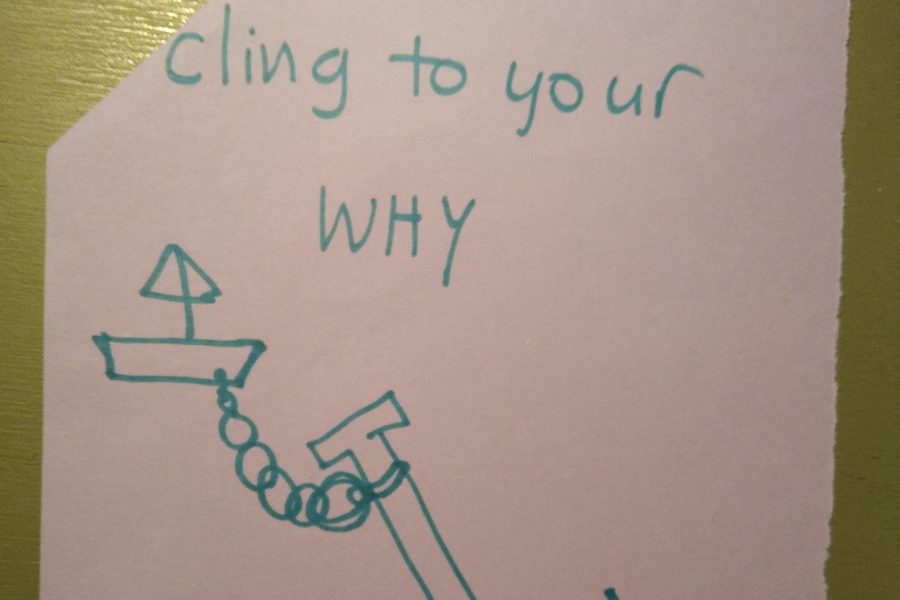Writers who blog often land on certain familiar topics again and again, because these are things that bug us writers, that get into our heads and won’t be shifted. Today I’m blogging about two of them, and how a third helps me take back control of what is, after all, my own head!
The first is the drive to be successful – however you define it: to be published, to make enough money, to win awards, to be on bestseller lists, (and in my case to be invited to be on Strictly: so far the only benefit I can think of to being famous.). This leads to horrible feelings of jealousy and resentment about other writers who you think are more successful than you. Such feelings are costly in energy, and while sometimes they spur you on to greater effort, mostly they are demoralising and demotivating.
The second is the feeling that you aren’t good enough – you’re not truly skilled at your craft, you don’t know your subject properly, you don’t get up at five and work till midnight every day; and worst of all, your stories are stories no one needs to hear. This is so prevalent it has its own name these days: imposter syndrome. This, too, is energy-sapping, and while it can lead to bouts of super-hard work, mostly it’s demoralising and demotivating.
These two things are particularly stubborn invaders, and they are flip sides of the same coin. Listen to yourself. How often do you find yourself thinking I could do better than that and I’ll never be able to do that almost in the same sentence? Resentment and jealousy are good friends to each other, but not to you.
At an online summer school a couple of years ago I was set the task of writing my own retirement speech. I had to imagine my career had gone really well, just the way I wanted it to, and congratulate myself. It was life-altering. The first draft had me critically acclaimed and appearing on chat shows – and Strictly – but I wasn’t happy with it. Something was missing and I realised it was my reason why. The speech I ended up with was partly about the lovely writing I had produced, but, critically, it was also about the positive impact I had had, both through writing and through working with people, encouraging them and building community through reading and writing.
I will not be fool enough to deny that success attracts me, and that I want it – after all, I do keep sending out submissions – but it turns out that success isn’t really at the heart of what I desire. What I truly want is to take part in the conversations that reading and writing enable, to work, live and laugh with people. And here is the third well-worn trope: it’s all about the process.
This exercise gave me two great gifts. The first is the realisation that I am not only a writer who produces writing, but a writer who creates opportunities to share and to learn with others: collaborative working is an essential part of who I am as a writer.
The second is that I now have a superpower over the resentment and the imposter syndrome. Whenever they get above themselves, I can put them back in their box simply by remembering my reason why. Success and the feeling that I can do better are my servants, they are desirable because they enable me to carry on doing the work; they are not the work and I never again need to listen to them when they tell me that they are.
Writing is so much more joyful when I remember my reason why. I still want to write the best I can, and to write things people want to read and respond to, but when (every day) I fall short, I can remember that I am in the process, and the process is the most important thing. Perfection is overrated – there’s nowhere to go from there!
And this month I’d like to thank the group of people who were brave enough to come to the Crafting Lines series of writing workshops, for reminding me of this and for bringing their joy to the table, too. (The picture for this blog hangs on our washing line of wisdom as we work. We had a wonderful time together experimenting, practising, developing; so much so that we are going to continue with a regular group. We may not know where we’ll end up but we know who we are and why we’re doing this – together.
